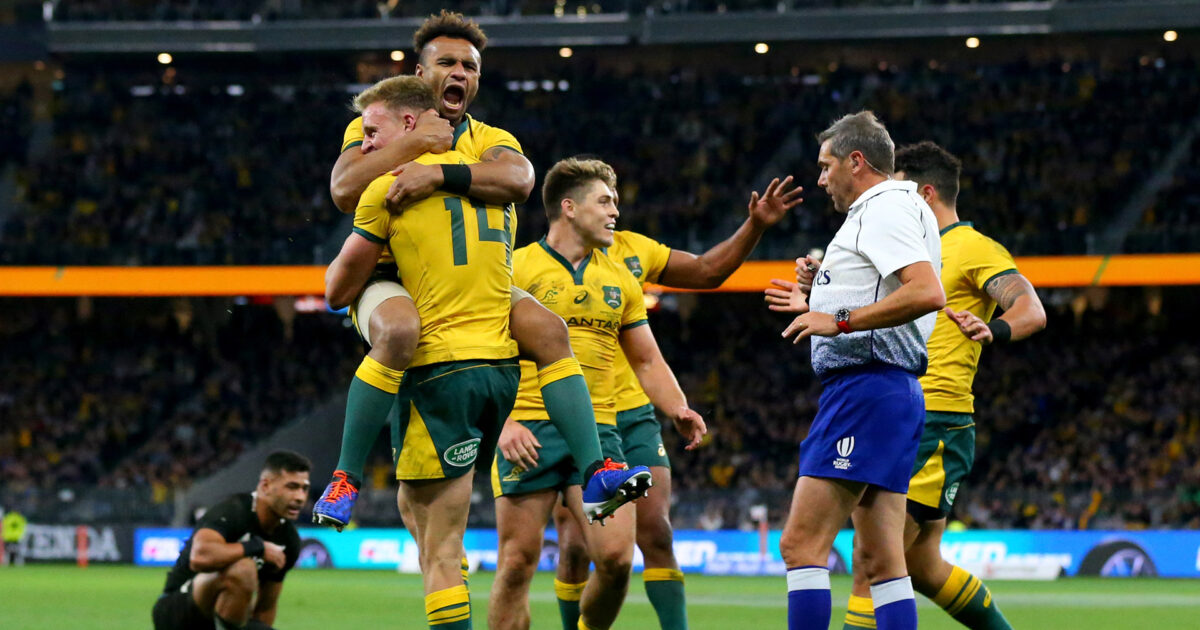Wallabies to return to full pay for Rugby Championship on interim pay deal

The Wallabies marked their first day in isolation in New Zealand with news that they would return to full pay for the rest of the year according to an agreement between Rugby Australia (RA) and the Rugby Players Union Association (RUPA).
Dave Rennie’s team arrived in New Zealand on Friday and were immediately placed in isolation for 14 days ahead of their Bledisloe Cup tests with the All Blacks next month.
RA was forced to enact pay cuts earlier this year due to financial uncertainty created by the coronavirus pandemic, with players accepting a 60 percent pay cut in April.
They had their salaries reinstated to 70 percent in July and would return to 100 percent on Oct. 1 ahead of their international programme, which also includes the southern hemisphere’s Rugby Championship.
Super Rugby players’ salaries would remain at 70 percent, RA and RUPA said in a joint statement on Saturday.
“We are obviously not alone in the financial challenges that we are facing but our playing group have stood up and acknowledged their role to play in securing the game’s future in Australia,” RA interim Chief Executive Rob Clarke said.
“We are now all extremely excited about the upcoming test season.”
RA needed to secure a A$14.2 million ($9.98 million) lifeline in funding from World Rugby earlier this year as the initial financial pressure from the coronavirus outbreak bit.
It also is yet to secure a new broadcasting agreement while long-standing sponsor Qantas said they would walk away at the end of the year as part of a wider review of their sporting sponsorships.
The Wallabies play the All Blacks in Wellington on Oct. 11 and Auckland on Oct. 18 before both teams head back across the Tasman Sea for the southern hemisphere’s Rugby Championship that also involves world champions South Africa and Argentina.









































































